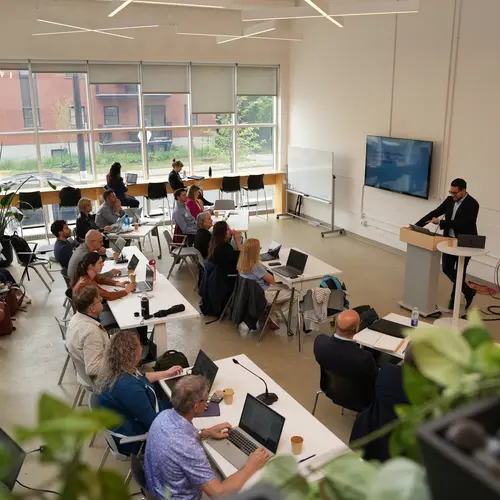
Jeremy Pinto
Biographie
Jeremy est un chercheur appliqué senior à Mila avec une spécialisation dans les applications pragmatiques de l'apprentissage profond aux données du monde réel. Il possède plus de 7 ans d'expérience professionnelle dans la conception, la mise en œuvre et le déploiement de pipelines d'apprentissage profond. Bien que sa principale spécialité soit la vision par ordinateur, il détient aussi d’excellentes compétences en traitement du langage naturel et en architectures multi-modalités.



